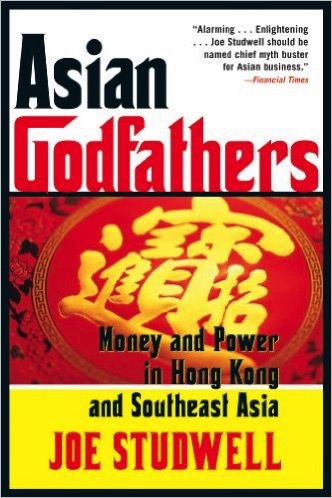
I read many books this year, and as faithful readers know, I’ve been sharing my notes from some of them under the heading “Book Notes.”
I’ll break down my picks according to two categories:
My favorite book published this year:
I read Cal Newport’s “Deep Work: Rules for Focused Success in a Distracted World” over the summer, and its insights have stuck with me.
In brief, Newport, a computer science academic, stresses the importance to our careers of doing uninterrupted, sophisticated, value-added work, and avoiding distractions like social media.
Common sense? Yes.
But in a world where information of dubious quality and technologies engineered to monopolize our attention seem to proliferate by the day, it’s a timely reminder that we must focus on activities that distinguish us from our competitors.
My pick for the best book I read this year*, regardless of when it was published:
It’s been around for nearly a decade, but Joe Studwell’s “Asian Godfathers: Money and Power in Hong Kong and Southeast Asia” was a revelation for me, because it provided historical context for what I’d seen all around me during my time in Thailand and Singapore.
Studwell’s thesis: The region’s dysfunctional governments have given rise to its billionaire godfathers.
In turn, Southeast Asia has produced few, if any, truly global brands because the region’s biggest firms simply take advantage of monopolies or licenses, don’t really innovate, and thus aren’t internationally competitive.
My full notes are here.
*Okay, I’m cheating here: I actually read this book in November 2015, but that’s pretty close to 2016!
